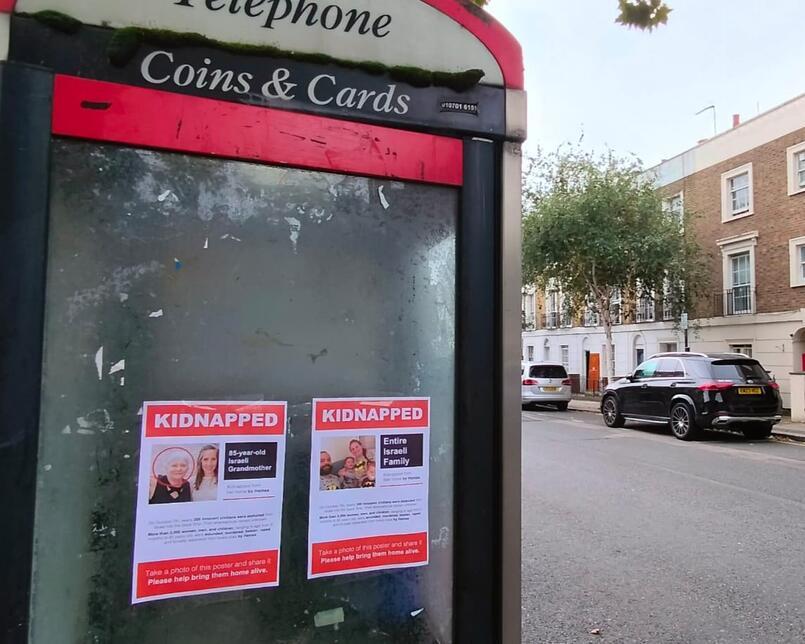The one thing most Jews seem to agree on is that Judaism holds a moral imperative to do good. But what is that moral good, and why is the discussion about it so fundamental to the future health of the Jewish People?
Dr Jonathan Boyd
Dr Jonathan Boyd
In analysing the data from JPR's recent National Jewish Identity Survey, there was one particular question I was keen to understand. What, if anything, binds us together as a People? What aspects of Jewishness do we share across our religious and political differences? Is there anything that unites non-practising Jews with haredim, Zionists with anti-Zionists, Conservative voters with Labour voters, and the young with the old?
The truth is, not much: not Shabbat, chagim, charitable giving, education, Israel or even antisemitism. We differ significantly on all of these. But is there anything?
Well, yes. The one element of Jewishness that all Jews seem to share, above all, is the idea that Judaism holds a moral imperative to do good. On this, we agree.
Of course, underneath this imperative lies any number of sins. We don't have a shared understanding of what being or doing good means in practice; only that to be a Jew means to be a force for good.
But there is something extraordinary about that today. Right now, the moral behaviour of the Jewish State stands condemned almost everywhere: at the ICJ, the ICC, in the media, in politics and in the court of public opinion. So collectively, while we understand that Jewishness is synonymous with moral goodness, many of those looking at us from the outside see the polar opposite. The dissonance is unbearable.
Of course, many of those denouncing us are drawing on false narratives, dubious data and distorted understandings of Israel, the Jewish People and the war in Gaza. Some, at the very least, are influenced by the deep reservoir of antisemitism. And a considerable part of all the moral indignation has been deliberately orchestrated by malignant forces bent on harming the State of Israel.

Posters of kidnapped Israeli citizens in London. How should a Jewish State behave towards its enemies, its allies, and its own citizens?
But even if the criticisms are misguided, the moral questions underlying them are critical. What is the moral good in this most challenging of wars? How should we fight in a way that upholds our highest ethical standards? How should a Jewish State behave towards its enemies, its allies, and its own citizens? And how should we counter antisemitism with the moral integrity that comes with being Jewish?
These are all real and urgent questions. And they are being discussed endlessly, among Jews and non-Jews: whether getting the hostages out is a greater imperative than defeating Hamas; what the country's responsibility is for providing humanitarian aid to Gazans; how many civilian casualties are acceptable in the pursuit of a military target; and perhaps most fundamentally, what is Zionism today, and does it remain true to its moral purpose?
These are profoundly difficult issues. But they matter greatly if Israel is to survive the moral onslaught it is facing. I don't doubt its ability to defeat Hamas, but whether it can win the moral war – the battle to secure the just nature of Zionism and the ethical reputation of the Jewish People – is an issue of an entirely different magnitude.
Part of winning that, it seems, involves locating these moral questions at the very heart of Jewish education today. We differ on them significantly, to the point where we are in serious peril of tearing ourselves apart, yet the data suggest that we all share this notion of Jewishness as moral goodness. If that's the case, we have to work harder to study what that means, to debate it between us across our differences, and to focus on fully exercising and building the moral muscles we need to live up to our highest ethical aspirations.
Our moral compass matters deeply to all of us. Indeed, without it, we Jews are nothing. So, the learning we do about how we should behave, and the ways we listen to and learn from one another, even under these most difficult circumstances, are of tremendous importance. Not only in the context of the specifics of the war, but for our very future.
Executive Director
Executive Director
Jonathan has been Executive Director of JPR since 2010, having previously held research and policy positions at the JDC International Centre for Community Development in...
Read more